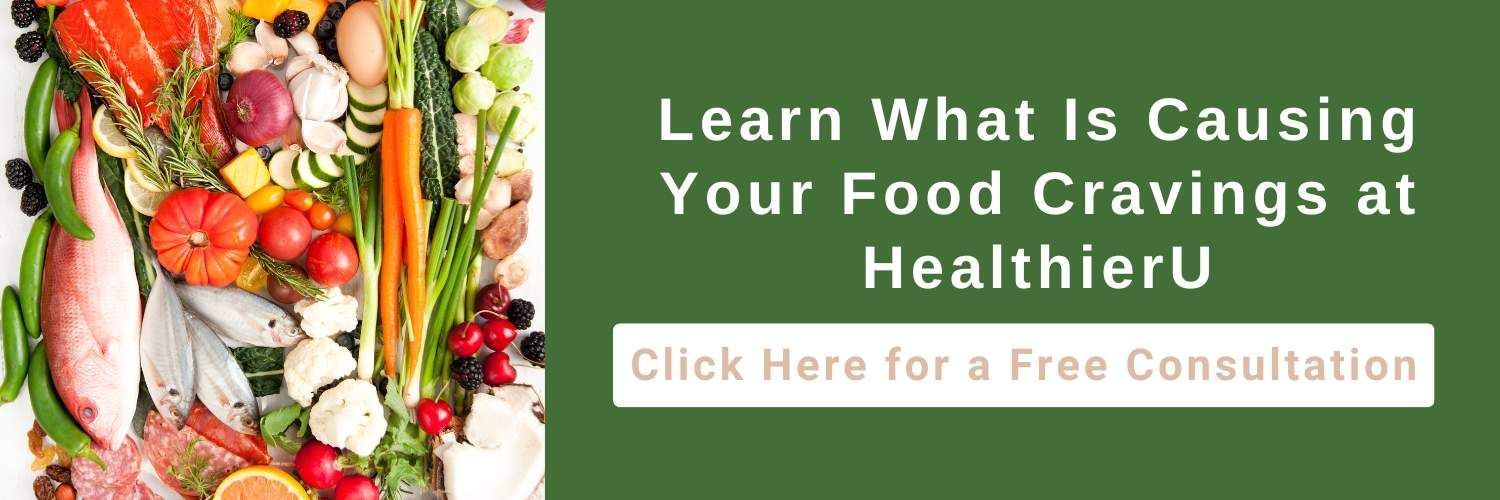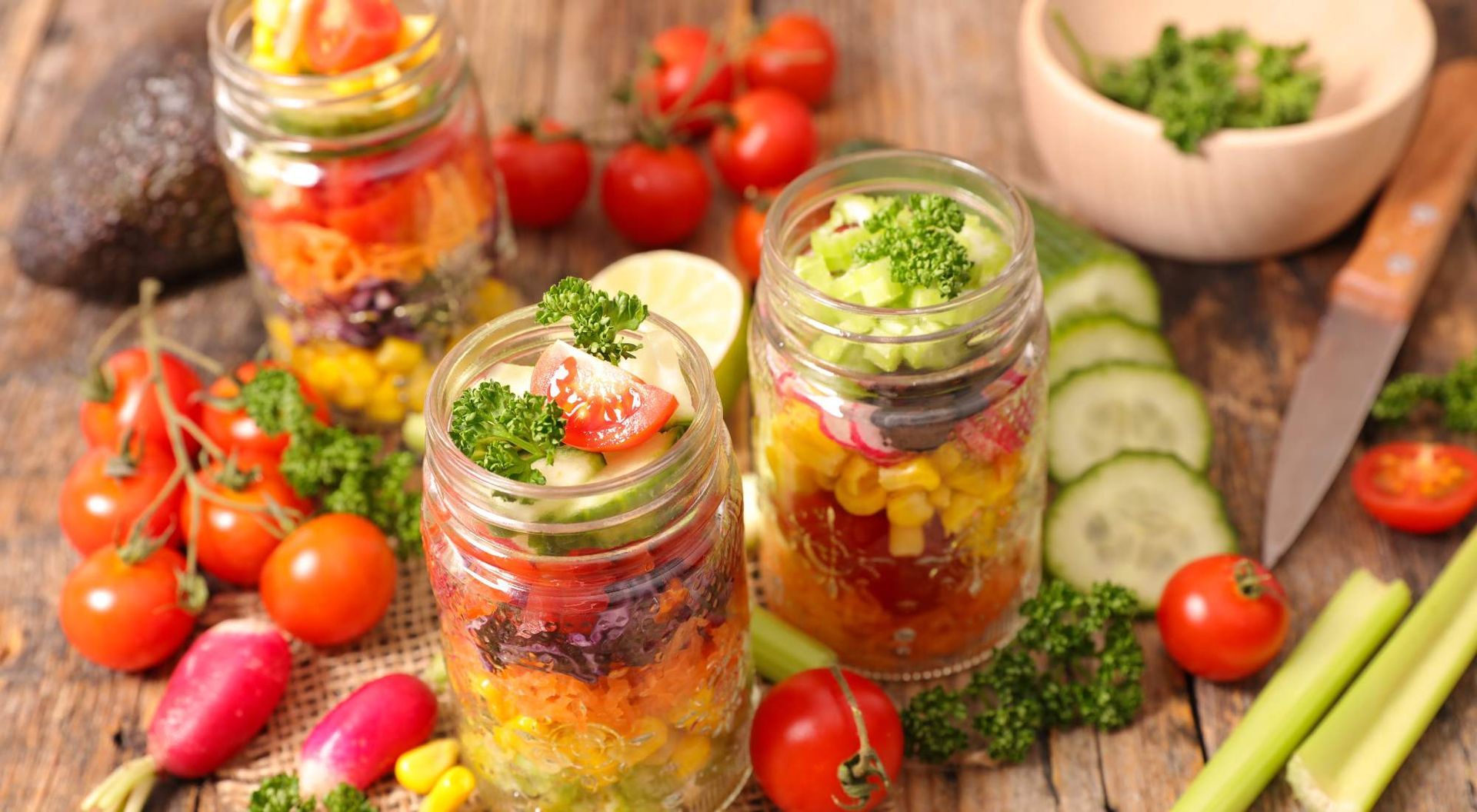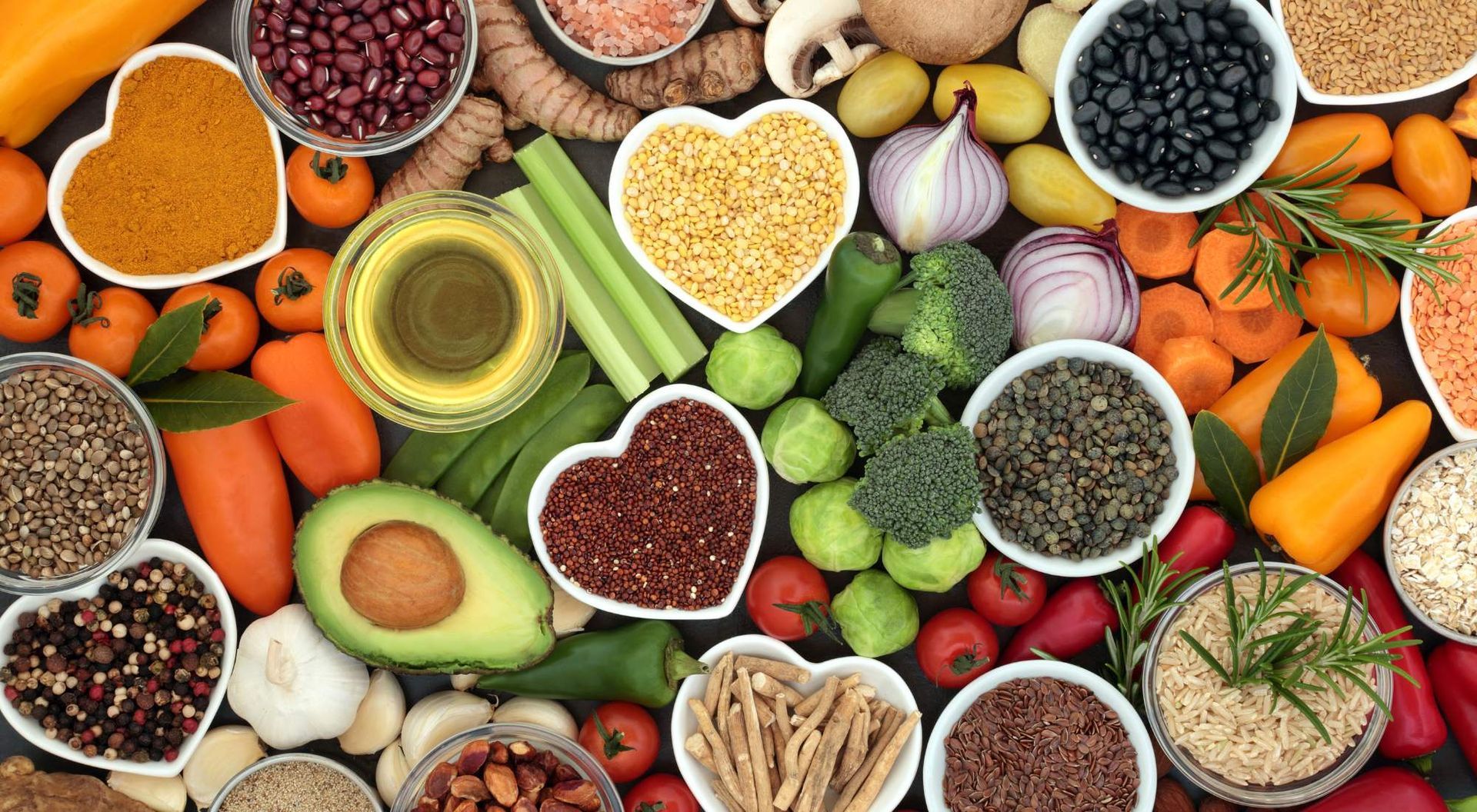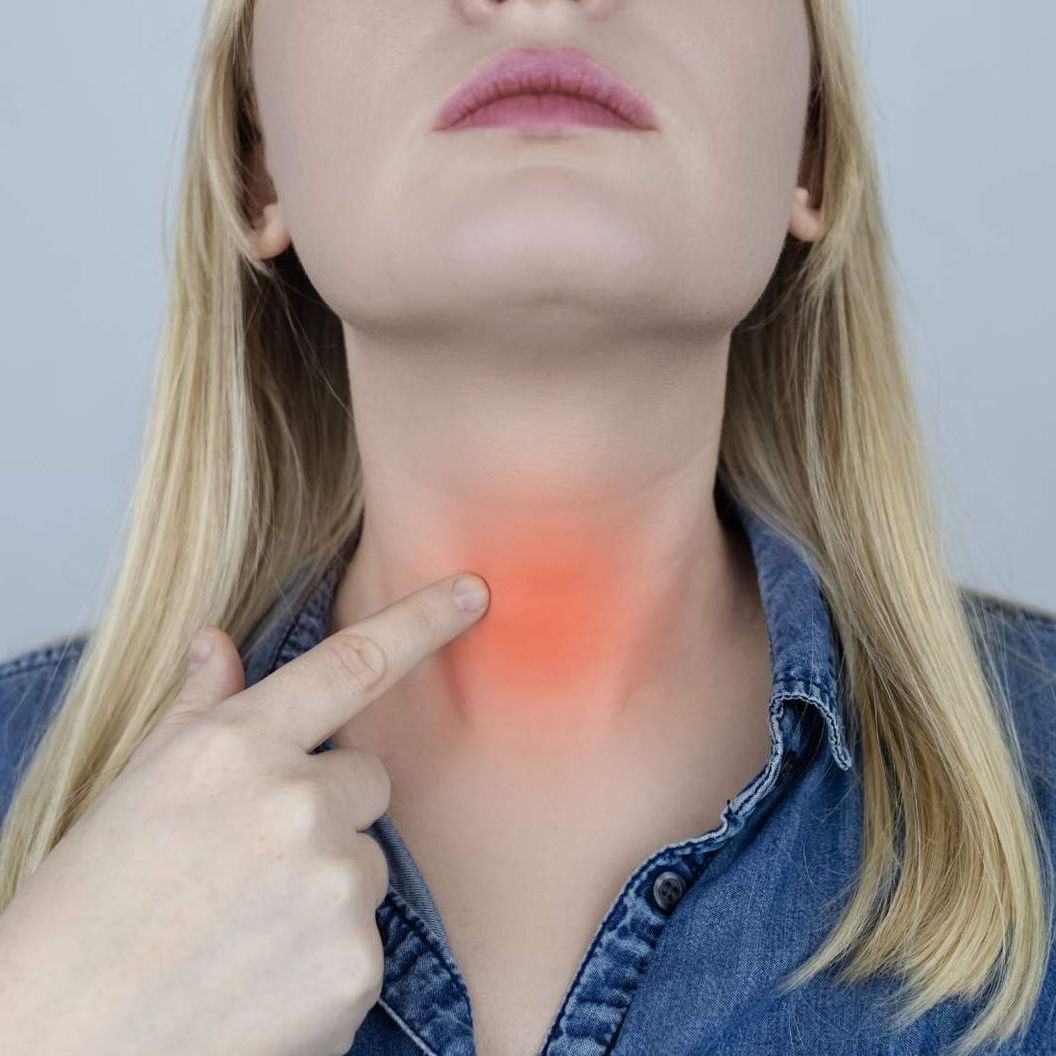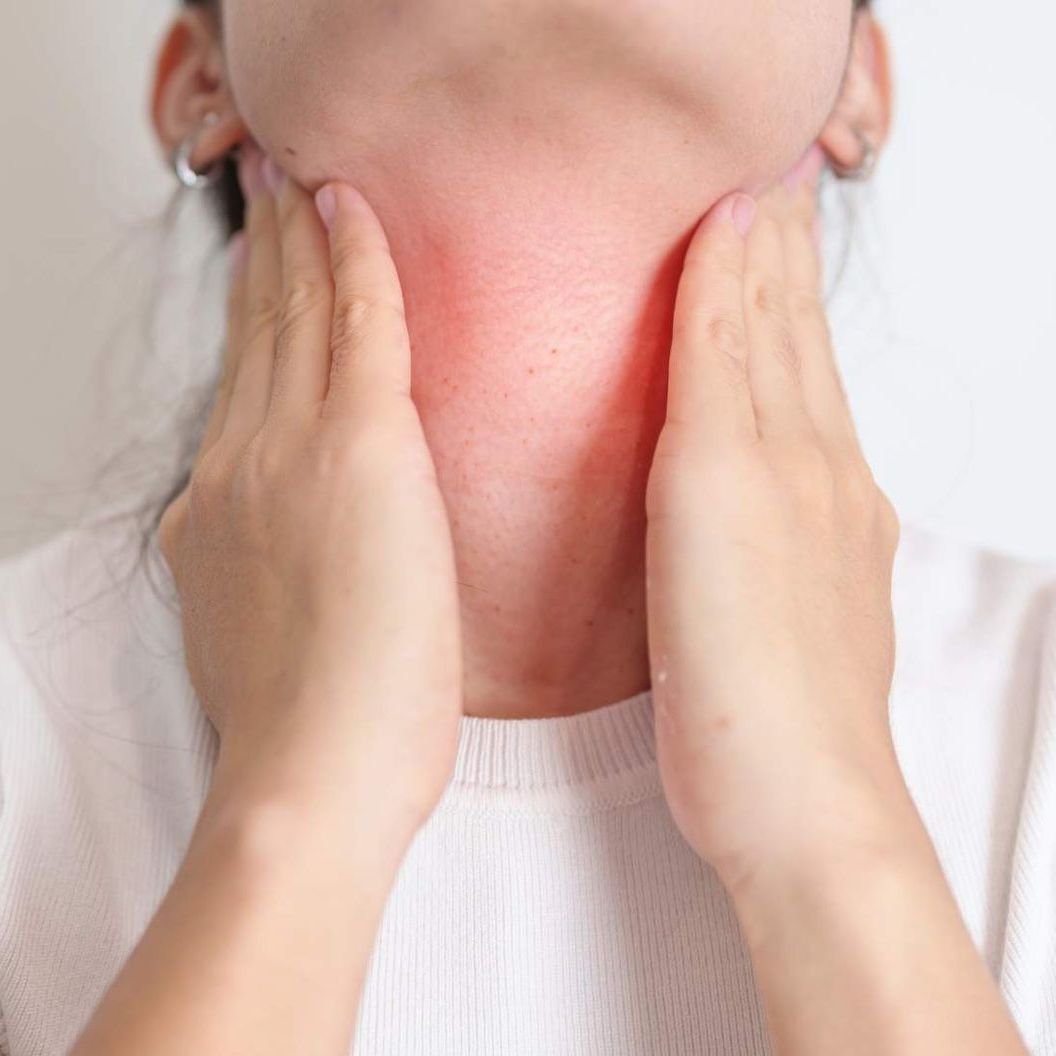Food Cravings: What They Mean and What To Do About Them
"The content below is not intended to be a substitute for professional medical advice, diagnosis, or treatment. Always seek the advice of your physician or other qualified health provider with any questions you may have regarding a medical condition."
You know the feeling. You’re minding your own business when all of a sudden your mouth starts watering, and you get an undeniable longing for an oddly specific food. You want to eat it NOW, and you want LOTS of it!
Food cravings — we all get them. But why do we get them, and how can we keep our cravings from totally taking over and possibly undermining our health?
If you are ready to get to the bottom of your food cravings, you’ll want to keep reading.
Discover what might be causing your food cravings, what specific food cravings mean, and what steps to take to end them.
Table of Contents
What Causes Excessive Food Cravings?
Typically, excessive food cravings are a sign that something is out of balance in your body.
Cravings may be the result of a variety of things, such as:
- High stress
- Fluctuating moods
- Food associations
- Hormonal imbalance
- Pregnancy
- Lack of sleep
- Dehydration; or
- Poor dietary choices
What Do Food Cravings Mean? Common Mental and Physical Causes
The first step in dealing with our food cravings is understanding why we're having them in the first place.
In general, food cravings stem from:
- Mental causes, such as stress, moods, or food associations.
- Physical causes, like hormonal imbalances, premenstrual syndrome (PMS), pregnancy, sleep issues, dehydration, or poor dietary choices.
If you're ready to discover what your food cravings mean, HealthierU can help.
We work with our clients to find the root causes of their dietary cravings and to find holistic solutions through a healthy lifestyle, dietary changes, and nutritional supplements.
Contact us today to learn more and get a free consultation.
3 Mental Causes for Food Cravings
#1: Stress
Most of us have been told we need to lower our stress levels. But did you know that having too much stress in your life can have a direct impact on food cravings?
Stress, particularly chronic stress, disrupts the overall balance in your body and increases your levels of the hormone cortisol. High cortisol levels influence your appetite, food choices, and eating habits. They have also been linked to cravings for high-fat, calorie-dense foods and a higher likelihood of troublesome behaviors such as stress eating or binge eating.
#2: Your Mood
Sometimes, a certain mood can trigger cravings for specific foods.
For example, when you’re feeling sad or lonely, you may get an insatiable craving for a big bowl of your favorite comfort food like buttery mashed potatoes, macaroni and cheese, or fresh-out-of-the-oven chocolate chip cookies.
Or maybe your boss is stepping on your last nerve, and instead of angrily snapping back at him, you inhale a whole bag of Spicy Nacho Doritos.
While
emotional eating is a common human reaction, if you often find yourself eating as a way of dealing with your changing moods, it may be time to visit your healthcare provider.
#3: Food Associations
When you think of the word “movie,” what food pops into your head? If you're like most of us, it’s likely a piping hot bag of buttery popcorn.
Often, our brains associate eating a specific food with a specific event — like popcorn and a movie. This brain connection may cause you to crave popcorn anytime you go to a movie, whether you're hungry or not.
6 Physical Causes for Food Cravings
#1: Hormonal Imbalances
Ghrelin and leptin are hormones that tell your body it’s hungry or full:
- Ghrelin is known as the hunger hormone. It stimulates your appetite, increases your energy intake, and promotes proper fat storage within your body.
- Leptin is commonly known as the satiety hormone. It sends signals to your brain that your body has stored all the fat it currently needs, thus shutting down your feelings of hunger.
If you’re suffering from an imbalance in either of these two critical hunger hormones, it may cause you to experience food cravings and increased hunger pangs.
#2: Premenstrual Syndrome (PMS)
Premenstrual syndrome, also known as PMS, is a factor that may cause food cravings in some women.
During the menstrual cycle, the female body goes through a series of hormonal changes. The fluctuations in progesterone and estrogen that occur right before a woman’s period may intensify food cravings — especially for carb-rich comfort foods.
For example, when a woman’s estrogen levels are low and progesterone levels are high, she may feel an increase in food cravings and feel less satisfied after eating a meal.
Estrogen also suppresses a woman’s feelings of hunger by decreasing her levels of ghrelin and increasing the effectiveness of an appetite-suppressing hormone known as
cholecystokinin.
#3: Pregnancy
Talk to any pregnant woman, and she will quickly let you know the many ways in which pregnancy has changed her body.
Besides the obvious outer changes of pregnancy, hormonal changes often influence the receptors inside the body that affect a woman’s
perception of smell and taste — causing her to experience more intensified cravings (like pickles and ice cream).
#4: Inadequate Sleep
Your body gets the energy it needs to keep going each day in two ways:
- Sleep; and
- Food
Both of these provide the calories your body burns and turns into fuel.
But if you are not getting enough sleep or aren’t sleeping soundly at night, your body may crave more food than it normally does in an effort to keep your energy levels up.
Poor or inadequate sleep quality also changes your cortisol levels, which may
increase your appetite and your cravings.
#5: Dehydration
If you're struggling with food cravings, you don't want to neglect your daily water intake, since poor hydration can intensify food cravings in some people.
And as crazy as it sounds, thirst can easily (and often) be mistaken for hunger.
The next time you're experiencing unwanted food cravings, try drinking a big glass of water. It may be just what you need to put an end to the urge to eat.
#6: Poor Diet Choices
Foods that are full of protein and fiber can help you feel full.
But if your diet is low in these vital nutrients, it may cause you to experience cravings even if you have consumed an adequate number of calories.
Poor dietary choices can also negativly impact your gut flora. Research points to the possibility that a form of bacteria that is present in your gut may influence how often you crave foods and the type of foods you crave.
Some foods, including highly processed foods laden with added fat and sugar, may result in
addiction-like symptoms. The more of these foods you eat, the more often and intensely you may crave them.
FAQs About Food Cravings
Do you still have unanswered questions about what food cravings mean and how to turn them off? Here are some of our most commonly asked questions about food cravings.
Do Cravings Mean You Are Lacking Something?
Often, the answer is yes.
Food cravings are frequently an indication that your body is lacking in an essential nutrient, such as:
- Magnesium
- Calcium
- Nitrogen
- Phosphorous
- Sodium Chloride
- Tryptophan
- Iron
- Glutamine; or
- Essential fatty acids
What Deficiencies Cause Cravings?
What do different food cravings mean? It depends on the craving.
For example, if you are constantly hungry for:
- Chocolate, it might mean that your body needs more essential fats and magnesium, chromium, or B vitamins. Try eating a few cacao nibs or a 90% chocolate bar.
- Salty foods, like chips, you may be suffering from an electrolyte imbalance, dehydration, or stress. Eating more vitamin B foods like nuts, seeds, and whole grains and upping your water intake may be just what you need.
- Carbs, like bread or pasta, it may be a sign that your body is running low on energy. Try filling up on high-fiber foods like apples and brown rice.
- Sugar, your body may be trying to let you know that you are low in sulfur, tryptophan, phosphorus, or chromium, and your body is longing for a source of fast energy. Try snacking on a piece of fruit and a few nuts, or a bowl of Greek yogurt
- Fatty or oily foods, like fast foods, your body may be telling you it is lacking in calcium, and you may benefit by including foods such as spinach, kale, broccoli, oranges, and almonds, in your diet.
- Alcohol, it may be a sign that you need to boost your intake of foods that are rich in protein, calcium, and potassium. Examples are beans, citrus fruits, leafy green, beef, eggs, and fish.
What To Eat To Avoid Cravings
A handy and effective way to avoid food cravings is to substitute a serving of a healthy food choice for an unhealthy food craving.
Here's a list of what you can eat to avoid cravings:
- Instead of chocolate — eat raw almonds.
- Instead of french fries — eat an orange.
- Instead of white bread or pasta — eat oatmeal.
- Instead of soda or sugary drinks — eat cheese or broccoli.
- Instead of salty snacks — eat celery or a tomato.
- Instead of sugary sweets — eat a sweet potato, grapes, or an apple.
- Instead of wine or beer — eat pineapple, banana, or beef.
Let HealthierU Help You Learn How To Eliminate Your Food Cravings With Natural Remedies
It’s time to take back your life.
Food cravings don’t have to control you or undermine your health.
At HealthierU, we can help to identify the underlying causes of your cravings, then replenish your deficits through natural remedies.
Dr. Donna Sergi uses Nutrition Response Testing, a highly effective, non-intrusive way of evaluating your body’s energy, to determine why you’re having food cravings. She then creates a personalized treatment plan consisting of dietary suggestions and nutritional supplements to help get your eating back on track.
HealthierU gives you the knowledge and tools you need to eat a healthy diet and feel your very best.
Contact us today to schedule your free consultation.


